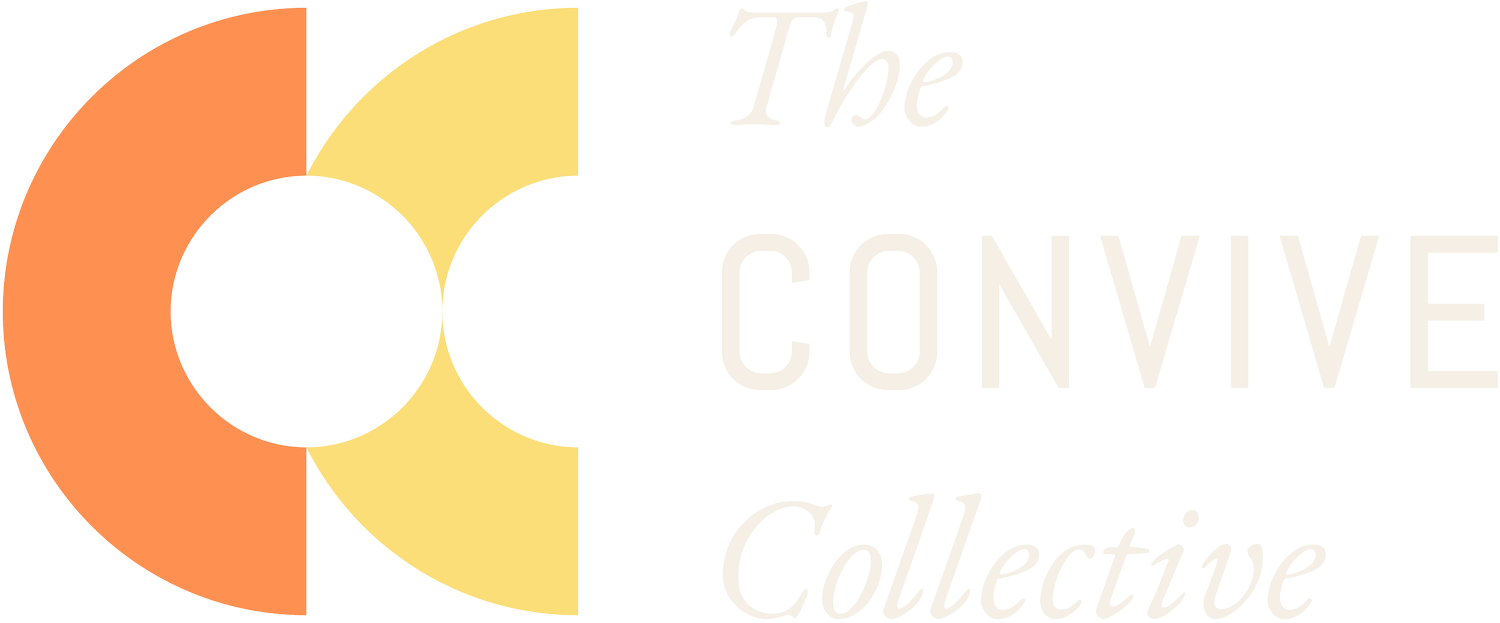Developmental evaluation is foundational to our work. But it’s just the beginning. From there we can help you create a roadmap for organizational transformation.
Evaluation & Research
Evaluation and research are central to a high-functioning philanthropy. By placing evaluation and research at the heart of philanthropic culture and operations, philanthropies achieve greater impact through a continuous practice of reflection and evolution.
When philanthropies adopt evaluative practices at all levels and connect them to their strategic learning work, they find innovative solutions to tricky problems, see generative impacts on their partners’ and peer funders approaches to evaluation and research, and adapt with confidence regularly.
Many philanthropies often keep evaluation and research separate from their operations and strategic learning practices. We help weave evaluation and research into our clients way of thinking and working which fundamentally shifts how quickly and meaningfully they achieve their results.
The Longer-Term Value
Details
Sub-Services
The Evaluation & Research category of our offerings encompasses a wide range of related services.
-
Developmental evaluation is best positioned to support philanthropies in real-time learning during the implementation of their emergent strategies, where pathways to change and even the outcomes themselves are likely to shift. This kind of evaluation occurs in dynamic conditions where all kinds of factors interact in ways that we cannot fully predict or, of course, control. Adopt a developmental evaluation practice to uplevel your philanthropies ability to learn and improve as you work.
-
Theories of change are mental models that guide the way we think and make decisions. Making them more visual through sophisticated and creative visual facilitation techniques helps make your collective thinking more aligned and visible. The process and product also creates cohesion across your organization.
-
Evaluation and research have traditionally looked back to the past to learn. We believe that is incredibly important. But it is not enough. As our worlds become increasingly complex and our abilities to gather trend data and make evidence-informed predictions becomes sharper, looking into the future to help guide decision-making in the present is increasingly valuable for our clients.
-
Evaluators and researchers often speak in terms that alienate their colleagues who they hope to serve. Even more, evaluation frameworks, processes, and terms often do not align with how teams actually function, gather data, and learn. Improve the utility and adoption of your MEL work by aligning your language, tools, and processes to team functions.
-
Many philanthropies have multiple structures, frameworks, terms, and processes related to monitoring and evaluation that do not align. Gain clarity and greater understanding of how the pieces fit together into something bigger through a MEL visual architecture process.
-
Understanding your role in the systems you operate in is critical for impact. In a rapidly changing world, use systems maps to select the highest strategic options available to you given your vantage point and strengths. Even better, use it as a monitoring tool to track changes and the implications for your strategic choices.
-
Thinking systemically is critical for addressing the climate crisis. Simply because you exist as an actor in our human system, you are working on climate whether it is stated in your strategy or mission statement or not. Thinking systematically means looking at problems from multiple angles and perspectives, seeing both issues and solutions as interconnected, and valuing collective approaches to fundamental challenges.

Let’s Connect
Contact Us
We love learning about philanthropies that are ready to do the fulfilling work of looking inward to become better versions of themselves. We invite you to reach out and let us know how we can help you reach your potential.

